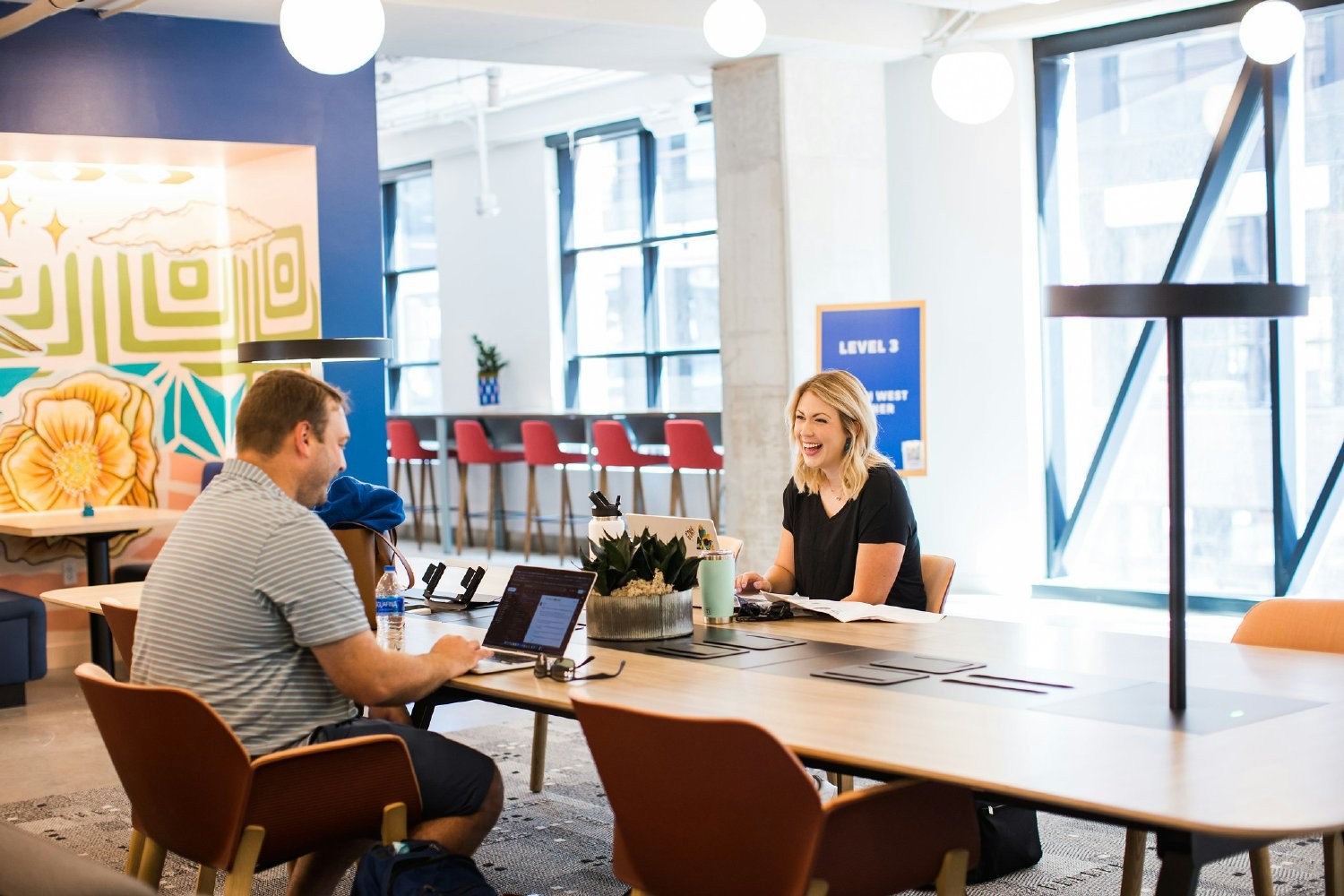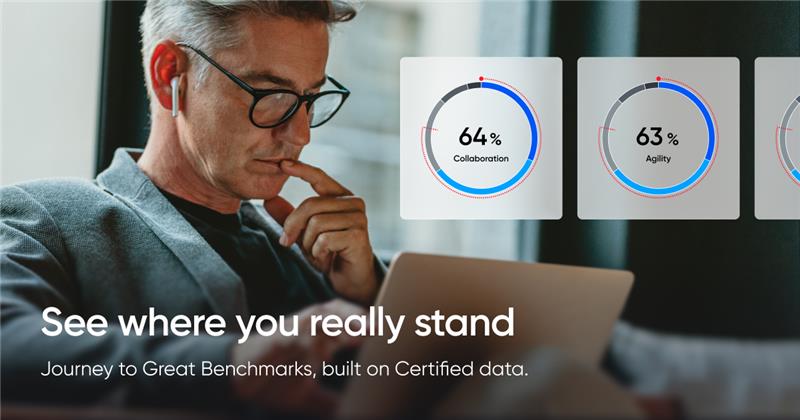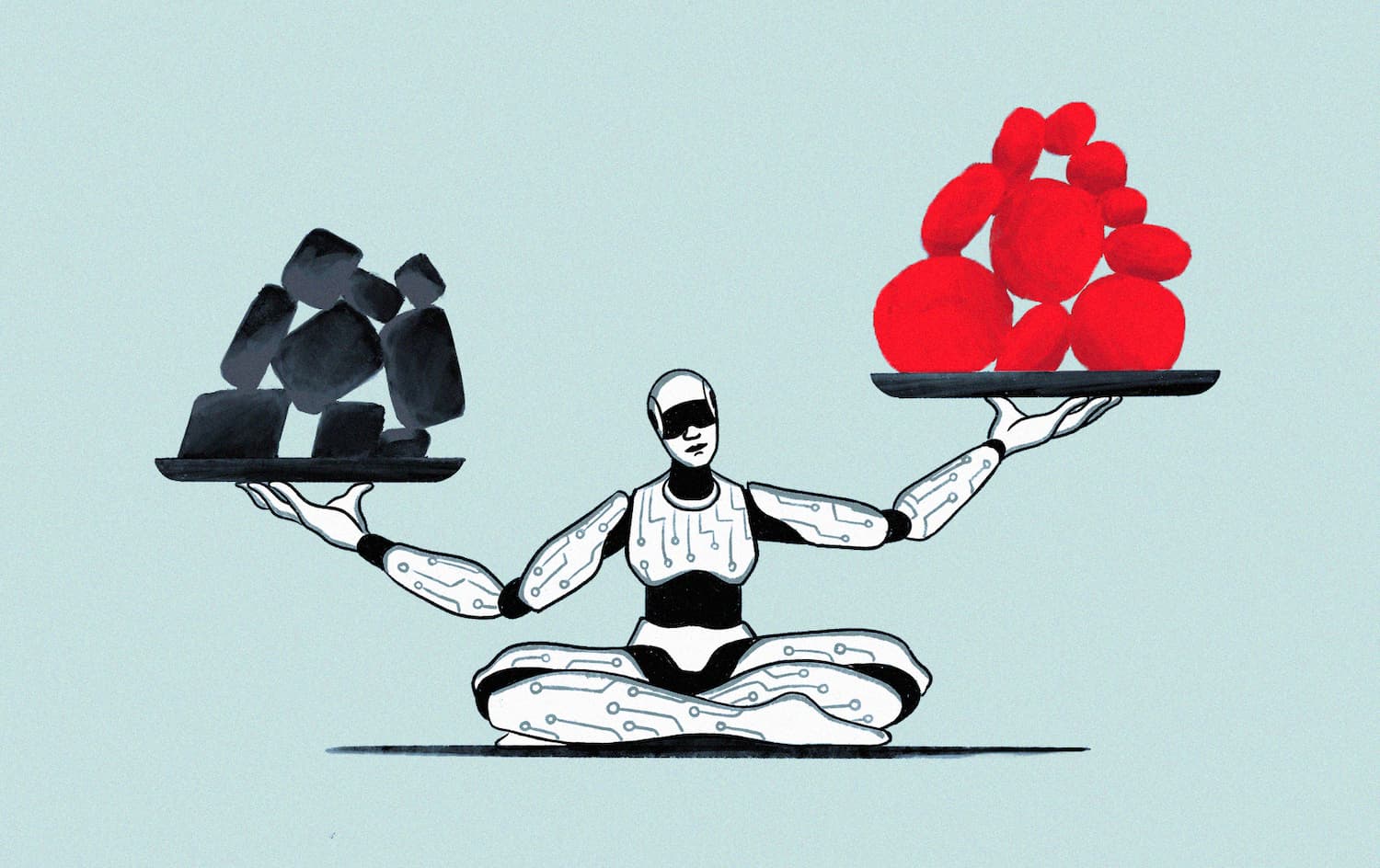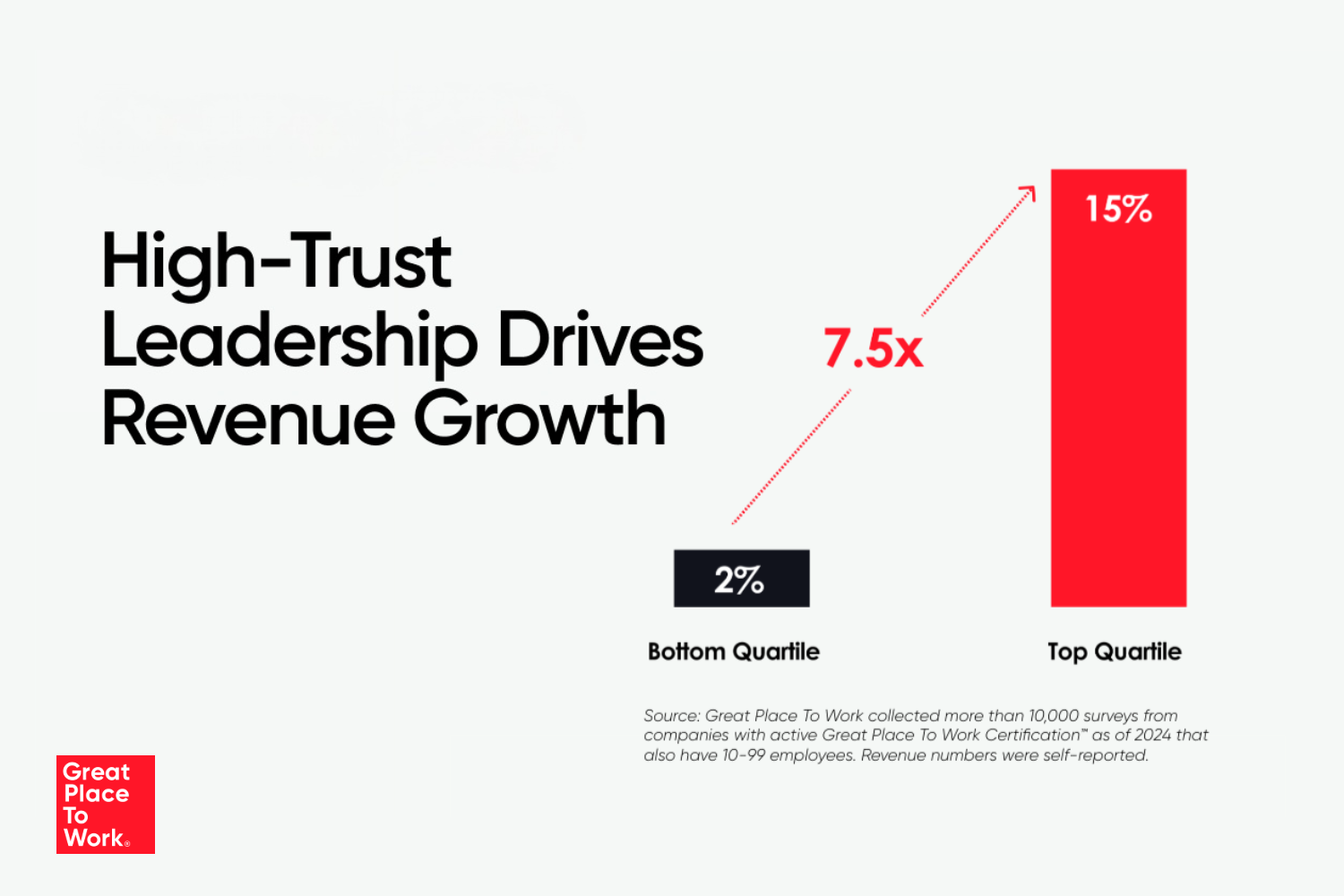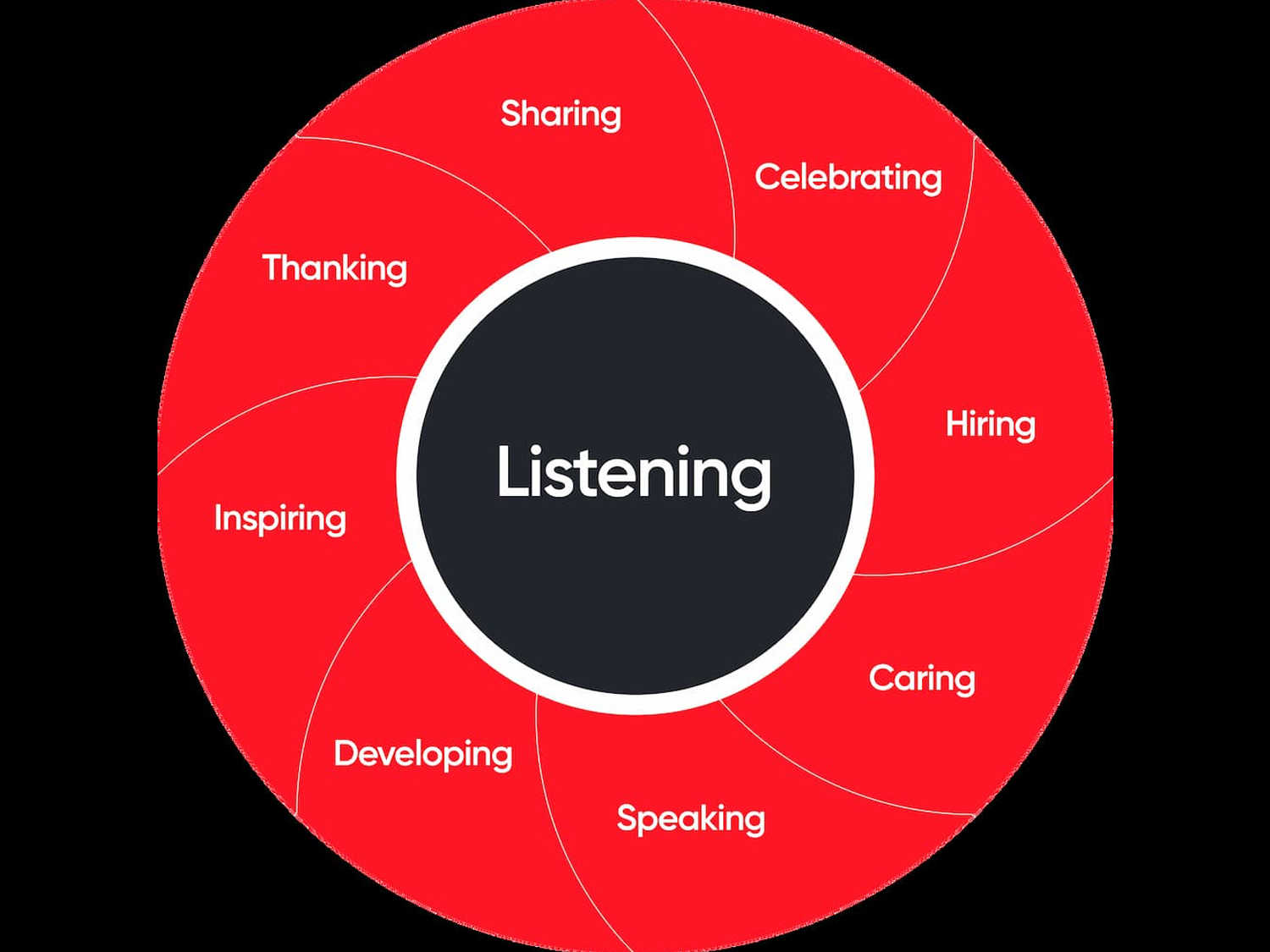Celebrating, Employee Experience, Employee Recognition, Thanking
The Kudos program is crucial for building connection and camaraderie for the company’s distributed workforce.
Employee recognition is an essential element of great workplaces.
Scaling these efforts can pose a quandary for companies with complex operations. Of course, employees love to get plaudits from the CEO, but what happens when you are a global company with a distributed workforce?
For Atlassian, makers of collaboration software Jira, Confluence, Trello, and more, the answer was to ensure that everyone could recognize a colleague for a job well-done through their recognition program, Kudos.
Peer recognition has multiple benefits:
- It reinforces company values and behaviors.
- It increases opportunities for recognition across the business.
- It builds connections between colleagues in Atlassian’s distributed-first global workforce.
“Often Kudos result from going above and beyond, or shipping a project they’ve been working on for months,” says Gina Creegan, global head of experience operations. “The program is all about how we are working together and providing individuals the opportunity to share gratitude for team members who are living our values.”
The Kudos program is owned by Atlassian’s “Team Anywhere” department, which is responsible for enabling the global distributed-first workforce. Employees have the choice to work 100% remotely, which has seen 54% of employees hired in the last 12 months live 2-plus hours from an Atlassian office.
The company doesn’t expect workers to have a typical 9-to-5 workday, but rather prioritizes flexibility to meet the needs of work and personal life responsibilities across multiple time zones. Employees must maintain collaborative hours that overlap with members of their team — four being the minimum — to ensure effective workflows.
This greater flexibility means that employees might have fewer touchpoints with the organization. Direct managers become crucial facilitators and colleagues play an even bigger role in creating a workplace where everyone feels a sense of belonging — part of why peer recognition has become increasingly vital for preserving Atlassian’s values.
“This program reinforces that we all have an important role to play in living the values in our day-to-day work,” says Creegan. “Kudos helps to boost connections across teams and departments.”
Kudos didn’t start as a program to support remote employees, but the distributed-first company has transitioned to a fully digital gift card offering which has been immensely popular, according to Atlassian.
“The program is more popular than ever before as it has never been easier to recognize your fellow Atlassian, no matter where they work,” Creegan says.
Programs like Kudos and the efforts of Team Anywhere are responsible for Atlassian’s big jump forward on the 2023 Fortune Best Companies to Work For® List, improving 40 spots from No. 47 in 2022 to No. 7 this year.
Save the date: Attend our annual company culture conference May 7-9, 2024
How the program works
A team member selects the Atlassian Value which they’re nominating their peer for and submits with a short note using JIRA Service Desk about why their colleague deserves recognition. Those who are recognized usually receive a digital gift voucher, but nominators can also request instead of a voucher, a donation is made to “Room to Read” — one of Atlassian’s charity partners.
Employees can also nominate their colleagues for “Big Kudos” for demonstrating leadership during complex, high-impact projects, which a manager then must approve.
“Our intention is that this is a high-trust, employee-driven program,” says Creegan. “Over the last year, almost 95,000 Kudos were awarded, with more than 2,500 donations made.”
Incentivizing participation
How does Atlassian get such strong participation in the program?
The Kudos habit is set early.
“As part of our Day 1 Orientation for all ‘Newlassians,’ our Kudos program is introduced with individuals encouraged to set up a reminder to send Kudos in the first couple of weeks to someone who has supported their onboarding,” Creegan says. “This sets up strong adoption early on.”
Atlassian also credits the success of its program with keeping things simple. The nomination process is easy, with straightforward criteria for the recognition. Fewer barriers for participation ensures more employees participate.
And, like any successful business program, Kudos is carefully measured.
“The Workplace Experience team has developed dashboards for people managers to have visibility of their direct report’s activity,” Creegan says. Managers can use this tracking to encourage team members to provide recognition during quarterly check-ins.
A winning recipe
Great Place To Work® research has shown the importance of recognition, not only for employees to thrive, but for companies to achieve their ambitious business goals. When every employee feels valued and respected as a full member of the team, companies are more resilient when faced with economic downturns.
When employees are recognized, they are 2.6 times more likely to think promotions are fair and 2.2 times more likely to say innovative thinking is embraced.
Performance on lists like the 100 Best Companies to Work For isn't just a measure of employee experience. Companies that make the list outperform the stock market by a factor of more than three.
Tips for success
Despite the success of peer recognition, Atlassian says it shouldn’t take the place of traditional recognition from managers and top leaders.
“Both manager recognition and peer-to-peer recognition have a role to play in driving the culture you want to build, improving connection and productivity,” Creegan says. “One can’t replace the other.”
Creegan offers some tips for other companies building their own peer recognition programs:
1. The thought counts most. Your recognition program doesn’t need to be exorbitantly expensive, Creegan says. “Most people are delighted that you took the time to recognize them — that means as much as the small token or gift you give them.”
2. Connect recognition to values and behaviors. “Recognition should have a clear line of sight to your company values and behaviors that are important to your culture,” Creegan says.
It also creates transparency around “why” an individual is being recognized. “People need to understand why you are thanking them,” Creegan explains.
To ensure employees are thinking about key values and behaviors when recommending a colleague, Creegan advises making employees select a value or behavior for recognition as part of the nomination process. “For Atlassian, ‘how’ we do work is as important as ‘what’ work we do,” Creegan says. “We encourage Atlassians to recognize how their coworkers get work done.”
Do your employees feel recognized?
We designed an employee survey – based on 30+ years of studying employee experience – to measure and track levels of employee recognition, trust, innovation, and more. Contact us about it today.


